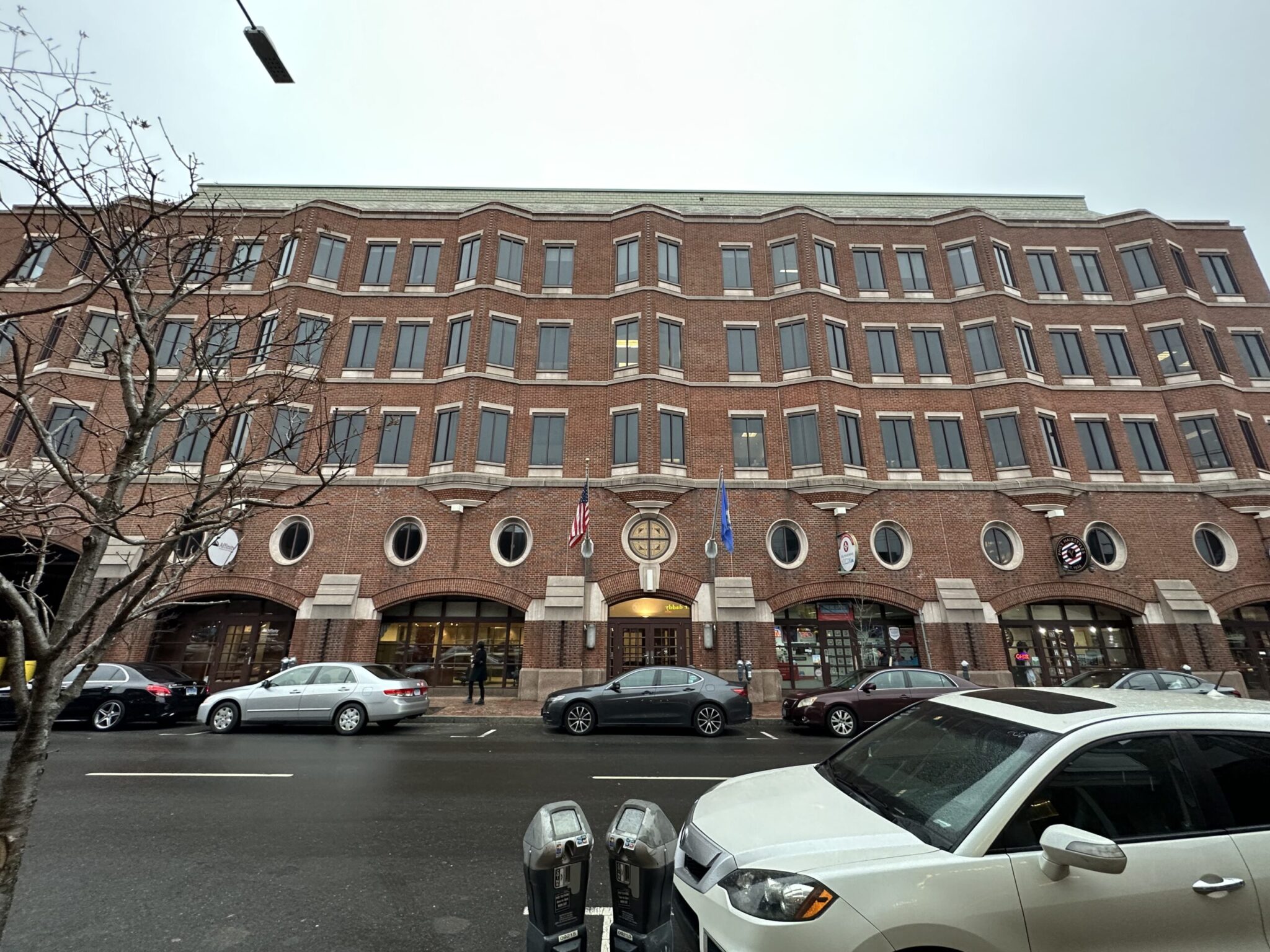Where is the class of 2018 now? Yale’s “Four-Year Look” at employment
The Yale Office of Career Strategy published a report on the career choices of the Yale College class of 2018.

James Steele, Contributing Photographer
The Yale Office of Career Strategy recently published the “Four-Year Look,” a report on the career progress of the Yale College class of 2018.
The report compares data collected from the class of 2018 upon graduation to data collected four years post graduation. The report gathers data on employment location, the most commonly-attended universities, size of employer, salary, job satisfaction, most common employers and the most commonly-pursued advanced degrees. The report additionally includes all of these metrics broken down by major.
“In recent years the demand for STEM talent has grown across all industries,” David Halek, director of employer relations at OCS, said. “For example, data science talent is in demand in all types of companies. Someone with an engineering degree may be working at a bank vs. a traditional tech company like IBM or Google.”
These reports have been published annually for six years, with the first report published about the class of 2013. By comparing the earlier reports to the more recently published ones, notable changes in graduating class interest in employment and advanced degrees can be seen.
Across all years surveyed, Google is the company that has employed the most Yale graduates four years down the line. From classes from 2014 to 2018, there has only been one year of interruption in Google’s top employer status: 2017. According to Dames, this is likely because of the COVID-19 pandemic. The report shows Google returning as top employer as uncertainty from the pandemic waned.
“I do have a lot of friends who have graduated from Yale and have worked for Google afterwards,” said Sophia Lee ’23. “That’s been a pretty common pattern all of the years I’ve been here”
Over time, there has been a shift away from the technology industry but a gradual increase in job function as computer programmers and engineers. Between the class of 2013 and the class of 2018, the technology industry decreased in employment from 17.5 percent to 15.7 percent. Computer programming and engineering functional roles saw roughly the same change in percentage reflected positively over the same time period. These changes only amount to less than 2 percent per category, over a timeframe of five years.
Some students look to graduate school after graduation rather than the changeable job market.
“Graduate school is always the big number, when you look at these four years out,” Jeanine Dames, director of OCS, said. “Around 15 percent [of Yale College graduates] have completed [an advanced] degree and another 35 to 40 percent are now in graduate school.
17.4 percent of the graduating class had plans to immediately enroll in graduate school post graduation, with 16.2 percent of respondents currently having a higher degree. 45.3 percent of respondents indicated that they had no plans to pursue higher education.
Of the advanced degrees pursued, nearly one fifth of graduates have earned or are pursuing a Masters in Arts degree. Law, medical, doctorate and masters in science degrees follow closely behind in popularity. Combined, these degrees constitute 81.2 percent of respondents pursuing advanced degrees, while all other degrees only contribute the remaining 18.8 percent.
The report also breaks down employment data by function and industry. The data listed under “Function” details the type of work an employee does, while data listed under “Industry” reports on the financial sector that their work takes place. A software developer working for Goldman Sachs would be categorized as “Programming/Software Development” for function and “Financial Services” for industry.
Finance, law, consulting, research and education comprise the top five most popular types of employment function. Even though computer science and engineering constitute a large percentage of majors within Yale College, only 4.4 percent of respondents functionally serve as software developers while even fewer respondents work as engineers.
Of the different types of industry, financial services, technology, education, healthcare and consulting are most common.
The Yale Office of Career Strategy is located at 55 Whitney Avenue.







